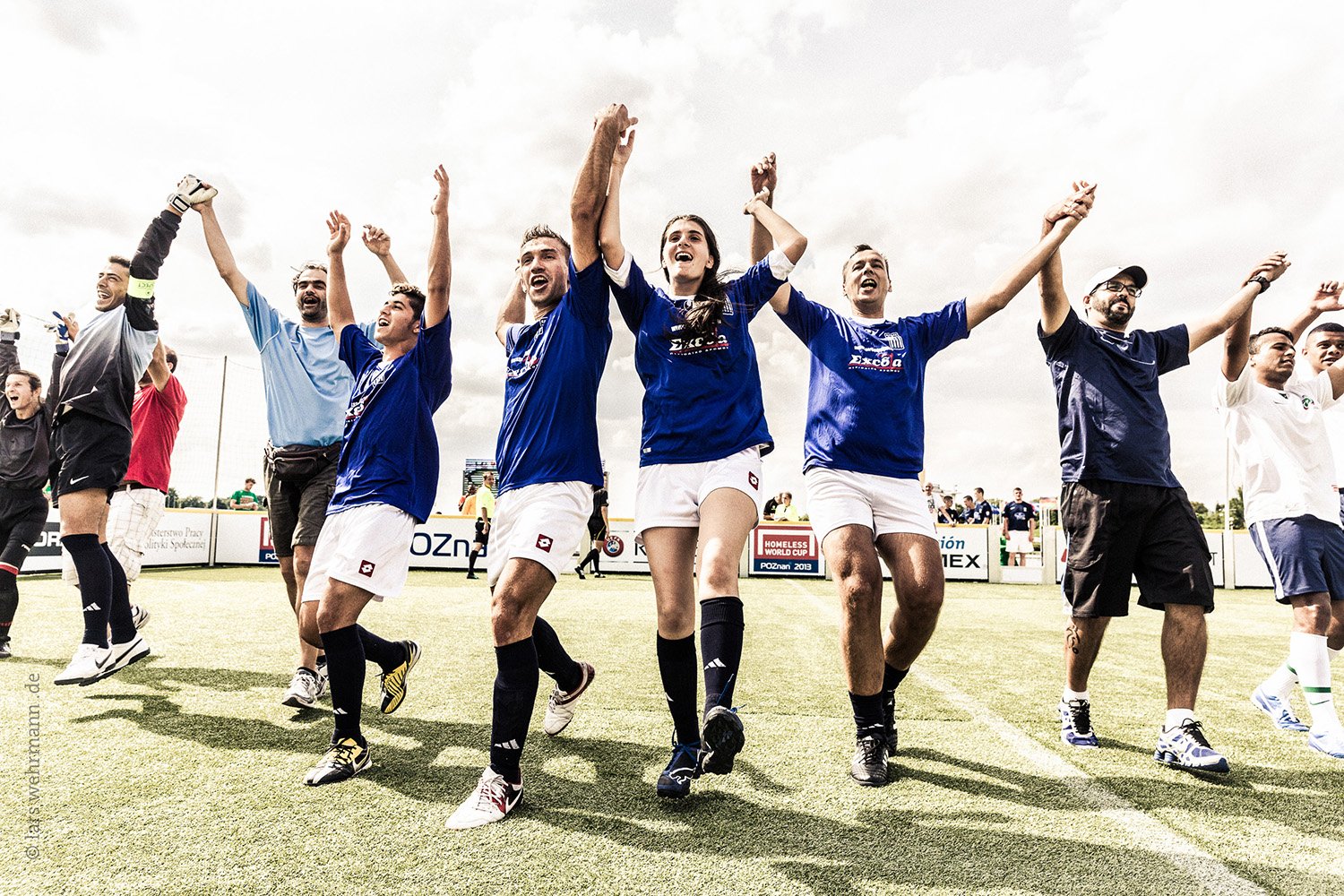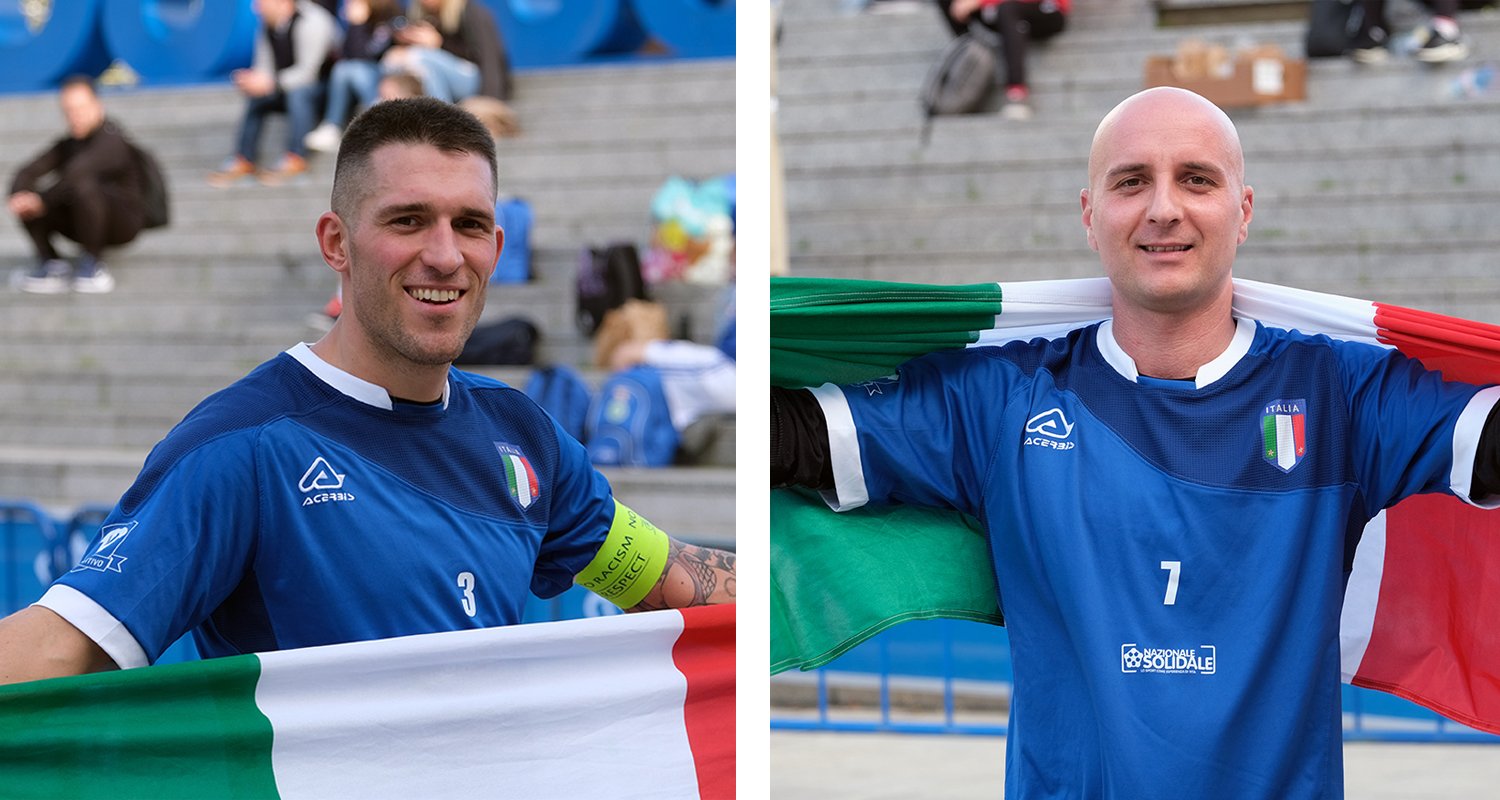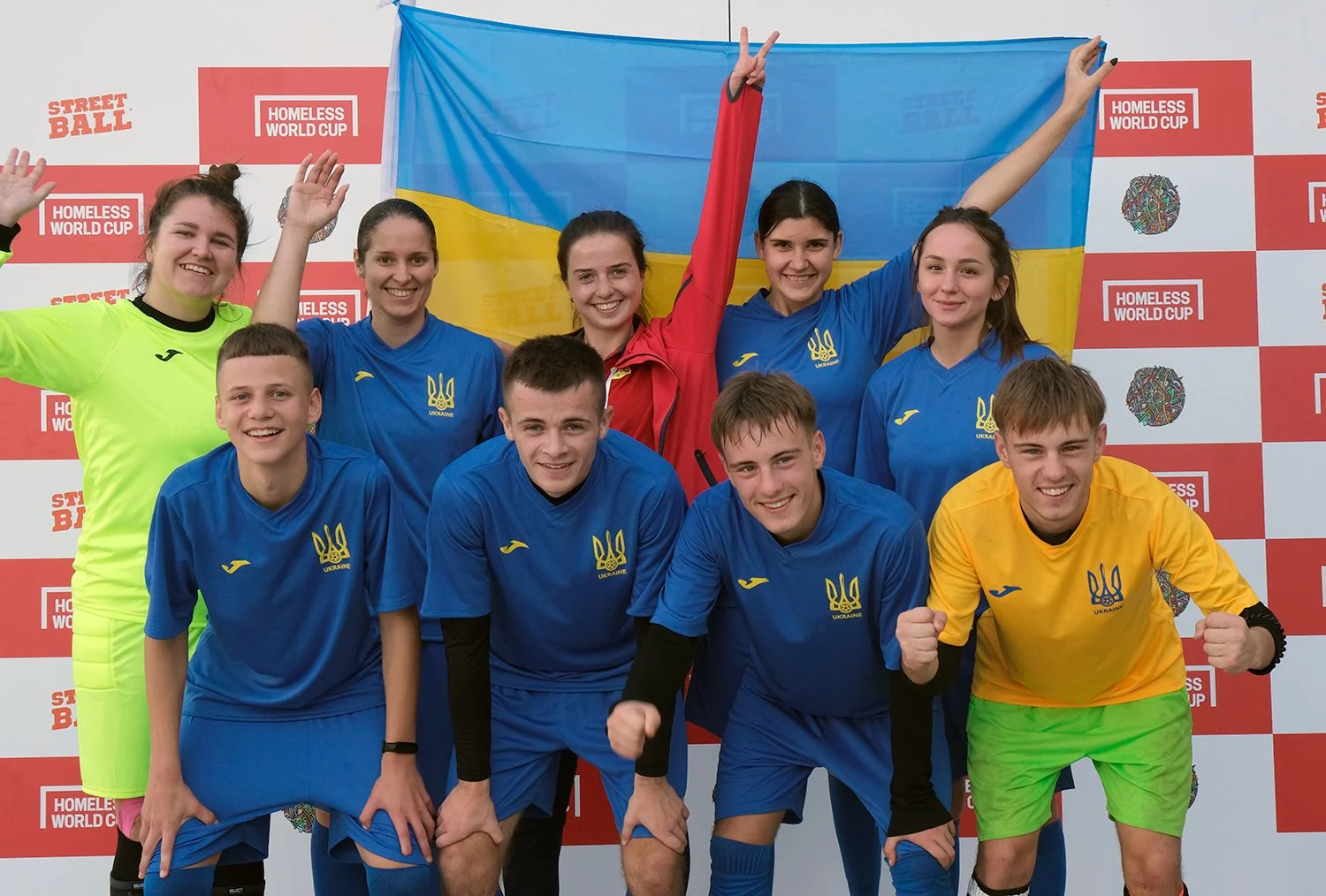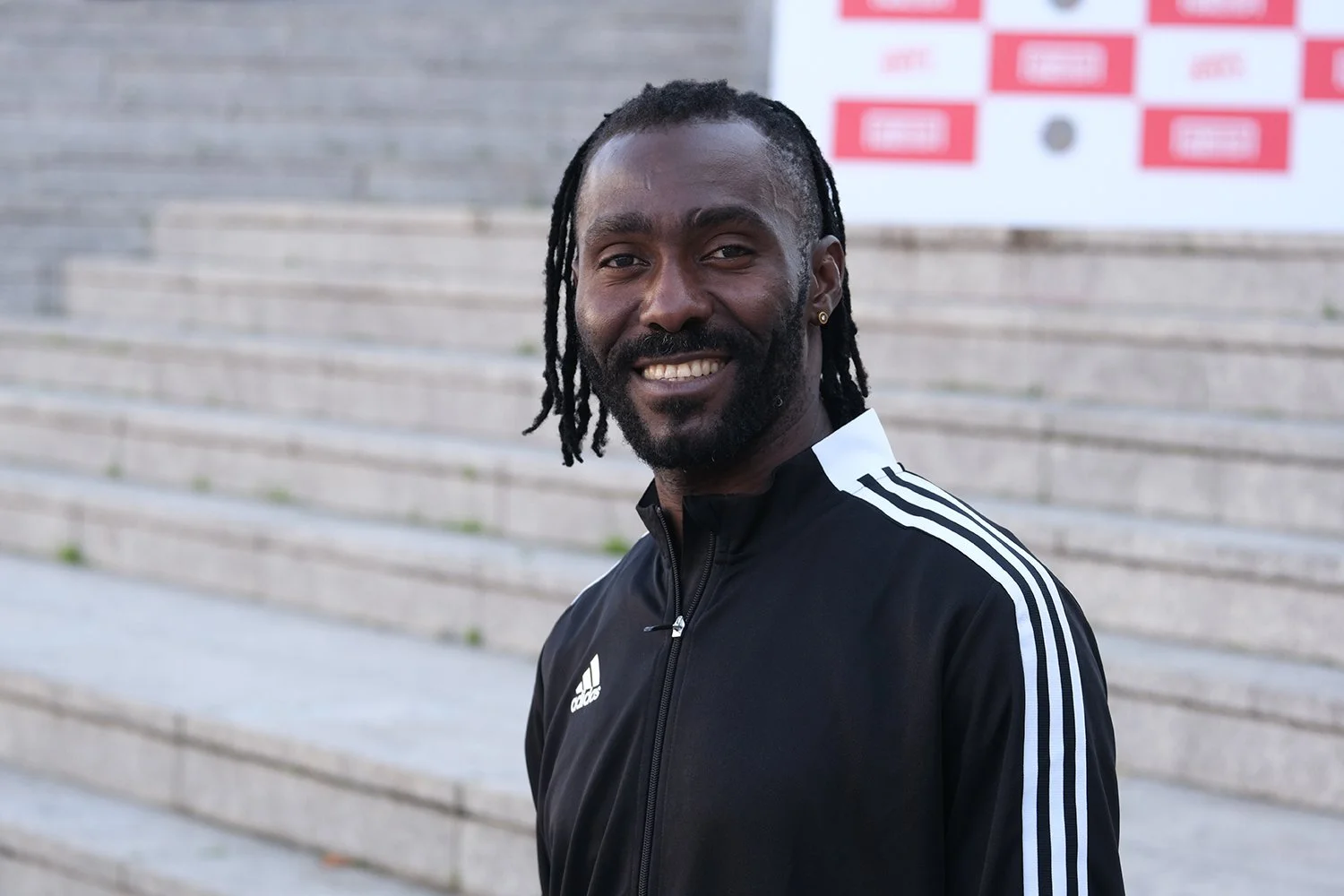
SLOVENIA
JAVNI ZAVOD SOCIO
JZ Socio was established by the Municipality of Celje in 2002 with the aim of helping vulnerable individuals and families, and to provide other social services. In Celje, their participants are offered weekly football training sessions accompanied by consultancy sessions and advice. The aim of the consultancy sessions is to help vulnerable people set achievable goals, and to develop a plan for attaining them. JZ Socio help participants prepare an individual plan with short-term and long-term goals, and encourage them to take the first step.
In 2012, JZ Socio established a street football league and began developing public awareness campaigns about inclusion for marginalised groups through sports activities.
Country
statistics
22 out of 189 in Human Development Index rating
(UNDP, 2019)
$25,360 Average annual salary per person (World Bank, 2021)
Between 2015-2021 534,907 refugees and migrants arrived in Slovenia (CIA Factbook, 2021)
Slovenia has a population of 2.1 million which is fairly evenly distributed across the country, with urban areas attracting higher populations, and pockets in the northwest being less populated than elsewhere.
Known for having excellent infrastructure, a well-educated workforce, and a strategic location between the Balkans and Western Europe, Slovenia features a Mediterranean climate on the coast, continental climate with mild to hot summers and cold winters to the east (CIA Factbook, 2020).
The information available on homelessness in Slovenia is currently lacking as there is no strategy for collecting data on the issue. Between 2014-2019, the Slovenian Homeless Network saw an increase of 115% (2,569 to 5,519) in people using their programmes (FEANTSA, 2020).
Between 2015-2021 an estimated 534,907 refugees and migrants arrived in Slovenia (CIA Factbook, 2021).
Homelessness services are not a priority and are less widespread compared to other European countries (EOH, 2018).
According to the UN Refugee Agency, in 2020 there were 3,472 registered asylum seekers, a slight decrease from previous years, which also includes 553 unaccompanied children. The majority of these individuals were from Morocco, Afghanistan, and Pakistan (UNHCR, 2021).
STORIES from the region










